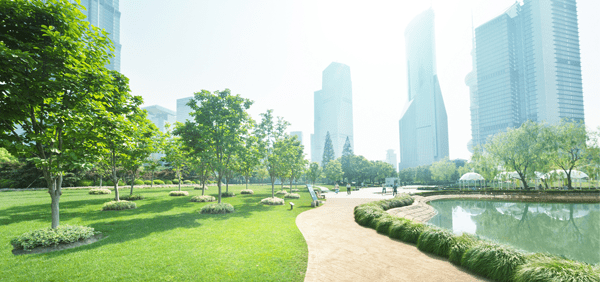The future of cities is shaping up as a dynamic and transformative scenario, shaped by an amalgam of technological innovations, demographic and environmental changes.
In this context, technology plays a crucial role. The implementation of smart cities, driven by connectivity and data analysis, promises to improve the efficiency of urban services, from transportation to waste management. Sustainable mobility and renewable energies are emerging as key elements in addressing the ecological footprint of cities, seeking a balance between development and environmental preservation.
The global pandemic has also left an indelible mark on the conception of the cities of the future. Flexible work, accelerating digitalization and a greater awareness of the importance of green and outdoor spaces are redefining urban priorities. Resilience is emerging as a fundamental principle, not only in terms of public health, but also in the ability of cities to cope with climate, economic and social challenges.
What elements would we like to see in the streets of the future? Are we willing to sacrifice privacy for safety? To what extent do we support the creation of open and diverse cities?
What elements would we like to find in the streets of the future? Are we willing to sacrifice privacy for security? To what extent do we support the creation of open and diverse cities?
This study attempts to answer these and other questions by analyzing citizens’ opinions and expectations about the changes that the future of cities will bring.

